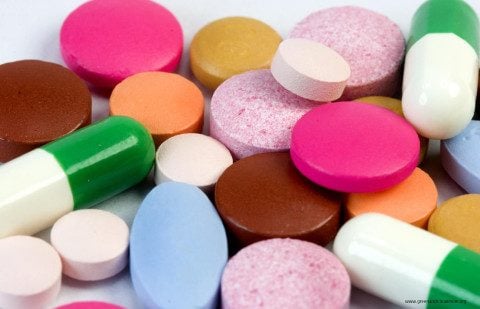We all know that we need a healthy diet to maintain good oral health—but what exactly does a healthy diet entail and what nutrients do you need to be healthy and happy? Here are some suggestions on how you can consume the right type of foods for your oral health and your beautiful smile!
Certain minerals and vitamins play a very important role in our oral health. Eating a healthy diet with a lot of nutrients has many benefits like helping your tissues and bones fight off infections and clear away bacteria. Certain vitamins can also help reduce your chances of having tooth decay, gum disease, and mouth sores.
Important minerals and vitamins that provide benefits to your oral health are:
Calcium—Your teeth and jaw are mostly made out of calcium so consuming calcium on a regular basis helps keep your teeth enamel and jaw strong and healthy. Consuming too little of calcium can put you at risk of gum disease and tooth decay.
Sources of Calcium: Milk, yogurt, cheese, beans and kale
Iron—Consuming too little of iron can cause tongue inflammation or mouth sores. The main role of iron is to transport oxygen throughout your body so a lack of iron can also contribute to infections and bacteria build up in the mouth due to lack of oxygen flow in your body.
Sources of Iron: Liver and red meat
Vitamin A—Vitamin A helps maintain a healthy saliva flow that washes away bacteria and other harmful substances from your mouth. It also helps to keep the tissues in your mouth healthy.
Sources of Vitamin A: Beef liver, sweet potatoes, melon and spinach
Vitamin B3—Vitamin B3 helps your body convert food into energy and helps your nervous system function. Consuming too little of Vitamin B3 can affect your oral health by causing bad breath and mouth sores.
Sources of Vitamin B3: Chicken and fish
Zinc—Zinc helps to prevent the growth of bacteria and the build-up of plaque along your gum line.
Sources of Zinc: Wheat, cereal, wild rice, cheese, and beef
Vitamin B12 & B2—Consuming Vitamin B12 and B2 can reduce your risk of developing canker sores, which is a painful open sore that develops in your mouth.
Sources of Vitamin B12: Pasta, bagels, spinach and almonds
Sources of Vitamin B2: Red meat, chicken, liver, pork, fish, milk, yogurt, and cheese
Vitamin C—Vitamin C plays an important role in maintaining health teeth and preventing gingivitis. A lack of Vitamin C can cause your gums to bleed and loose teeth.
Sources of Vitamin C: Sweet potatoes, raw red peppers and oranges
Vitamin D—Vitamin D helps your body to absorb calcium and should be taken alongside foods that are high in calcium. A lack of Vitamin D can lead to burning mouth syndrome, which includes a bitter, metallic taste and dryness in your mouth.
Sources of Vitamin D: Milk with egg yolk or fish to increase Vitamin D intake
Magnesium—Magnesium helps to build strong enamel for your teeth and helps prevent the formation of cavities.
Sources of Magnesium: Spinach, kale, dark chocolate
A healthy way to consume the above nutrients can be through eating health foods and/or taking daily multi-vitamins to ensure you remain healthy and happy!






